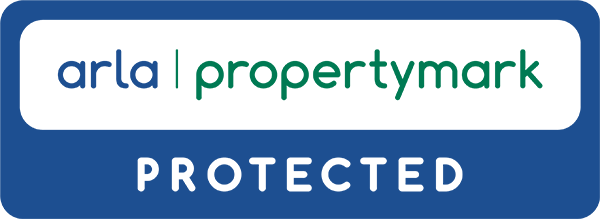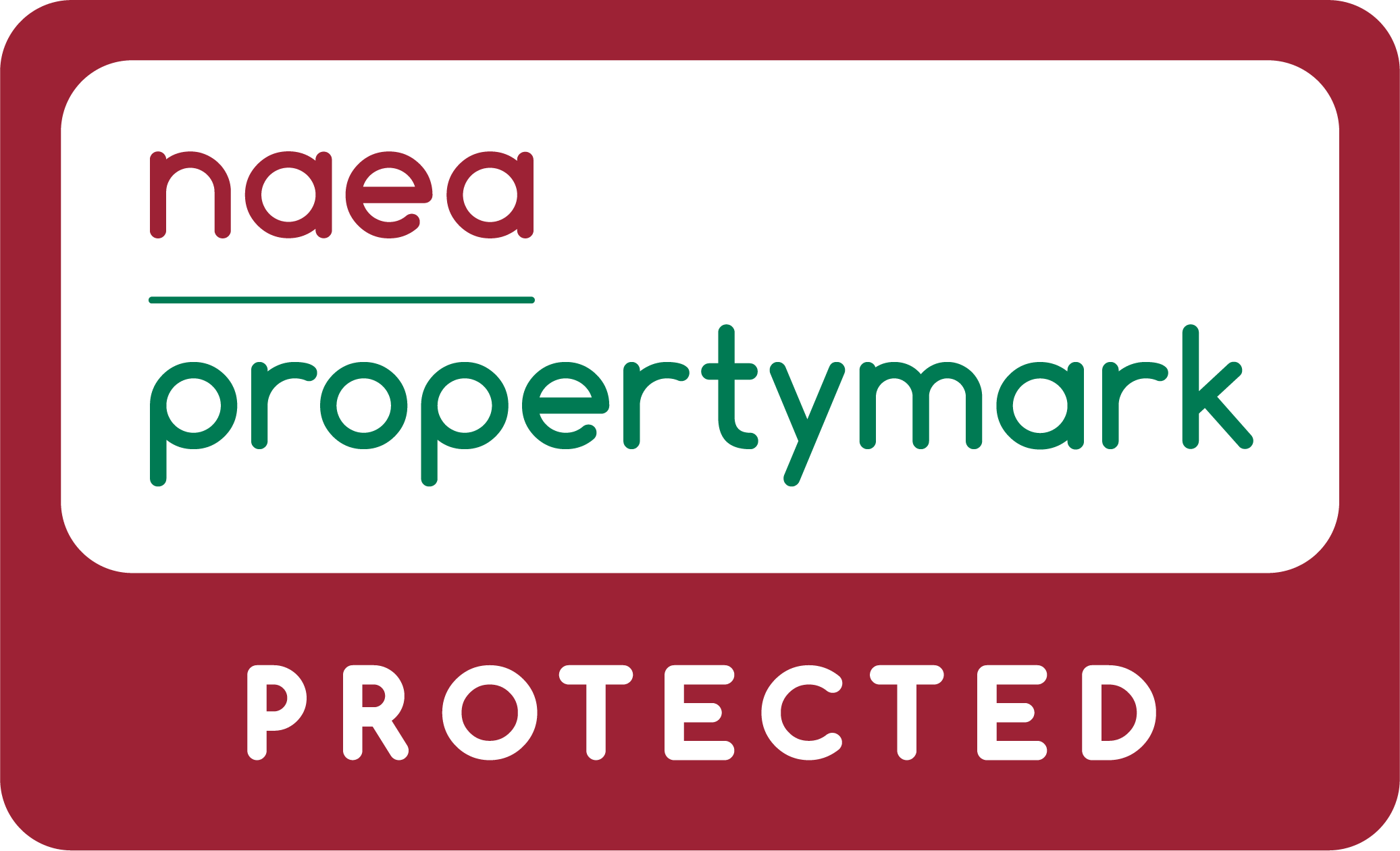Renters’ Rights Bill Passes — Major Changes for Landlords and Tenants Ahead
MPs have officially passed the Renters’ Rights Bill, with only minor tweaks made before it heads for Royal Assent — the final step before it becomes law.
The only notable adjustments include measures to help leaseholders in un-remediated buildings rent out their homes and new rules for rental standards in military housing.
Otherwise, all the major - and controversial - parts of the Bill remain intact. Once the King gives his approval, the legislation will become law “very shortly.”
During the final debate, Matthew Pennycook, the Bill’s lead sponsor, described England’s private rented sector as “unjust and broken.” He hailed the Bill’s passage as a “momentous moment,” saying it would finally “level the playing field between landlords and tenants” and deliver the reforms that previous governments failed to achieve.
Interestingly, Pennycook also claimed the new laws would actually bring simpler regulation for landlords — a remark that raised a few eyebrows across the chamber.
Throughout the Bill’s passage, Pennycook and Baroness Taylor of Stevenage resisted all attempts to amend the legislation, even rejecting proposals that many saw as reasonable — such as allowing landlords to require pet damage insurance or request a separate pet deposit.
When pressed by Shadow Housing Secretary James Cleverly to provide a rollout timeline, Pennycook offered no firm dates, promising only that landlords and tenants would receive clarity “soon” and that the government was committed to a “smooth transition,” particularly regarding the new rental contract system.
Cleverly warned that the Bill could backfire, saying it “risks driving landlords out of the market and pushing up rents for tenants.” He pledged that the opposition would hold the government accountable for any negative fallout.
What the Renters’ Rights Bill will change
Once it receives Royal Assent — expected within days — the Renters’ Rights Bill will:
- Abolish Section 21 “no-fault” evictions
- Ban rent bidding wars and rent in advance
- Introduce open-ended rental contracts
- Limit rent increases
- Apply the Decent Homes Standard to all rental properties
- Extend Awaab’s Law to private landlords
- Create a national property database
- Establish a new ombudsman service for tenant complaints
Some of these reforms, such as the end of Section 21 evictions and the move to periodic tenancies, are likely to take effect between April and June 2026. Other aspects — like the new ombudsman system and Decent Homes Standard rollout — still have uncertain timelines.
What this means for landlords
The clock is now ticking. Experts are urging landlords and letting agents to start preparing immediately. As one industry commentator put it:
“This gives agents and landlords a small window to get their house in order. Anyone still ignoring this legislation needs to wake up — it’s real, it’s huge, and it can no longer be ignored.”
Have any more questions about the Renters' Rights Bill and how it affects you? Check out our Renters' Rights Bill FAQ or call us on 0161 511 5339.






